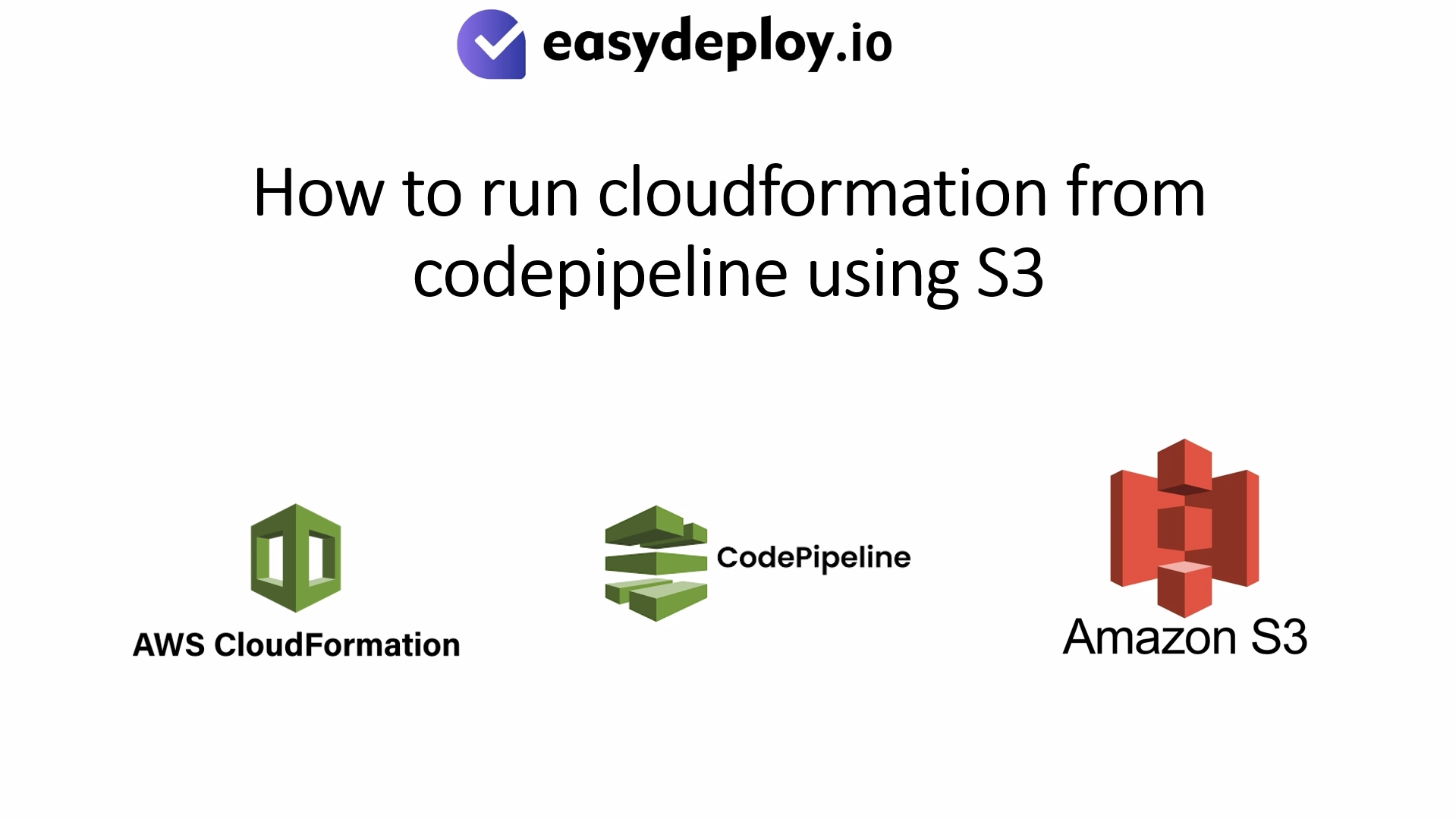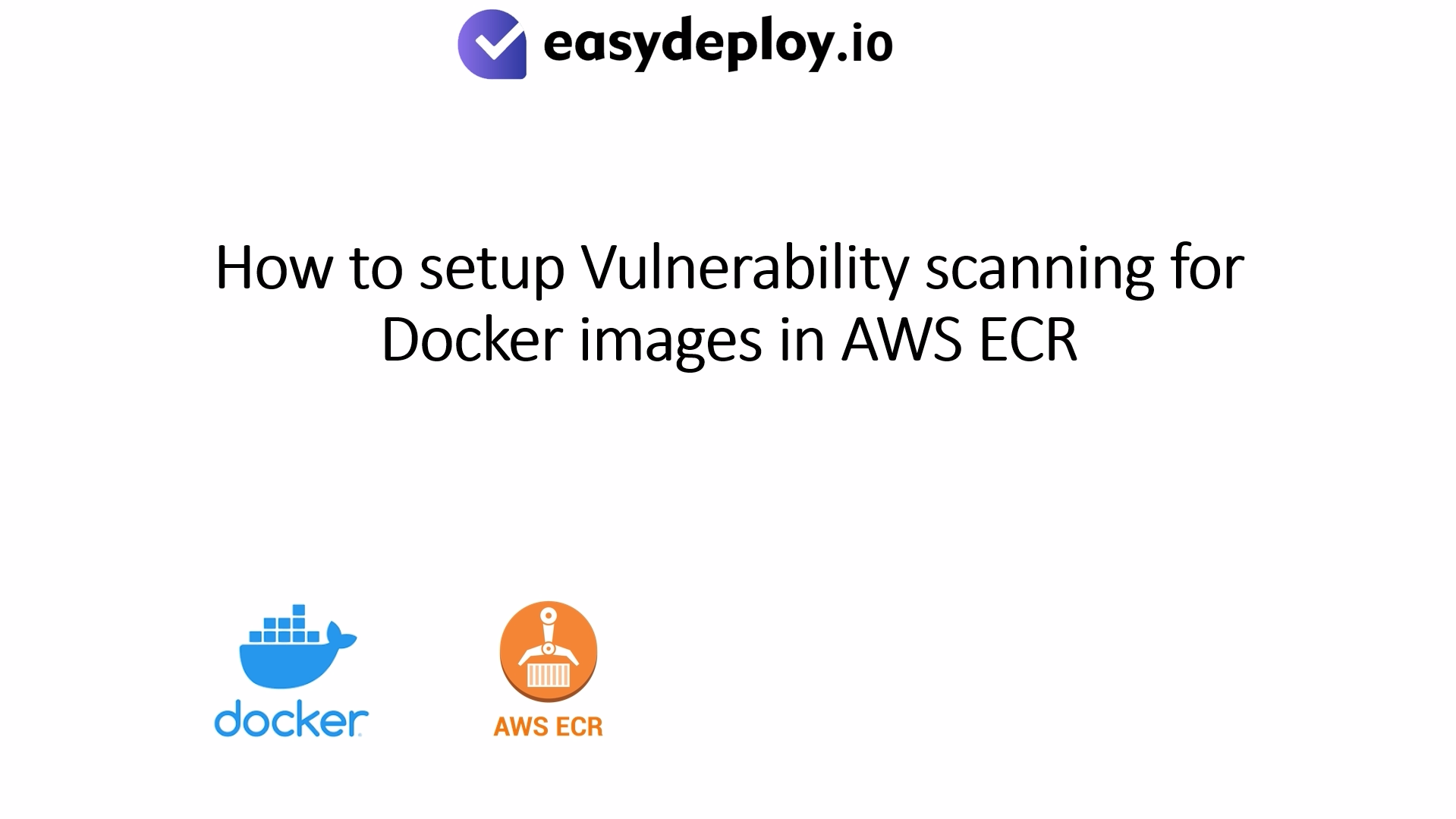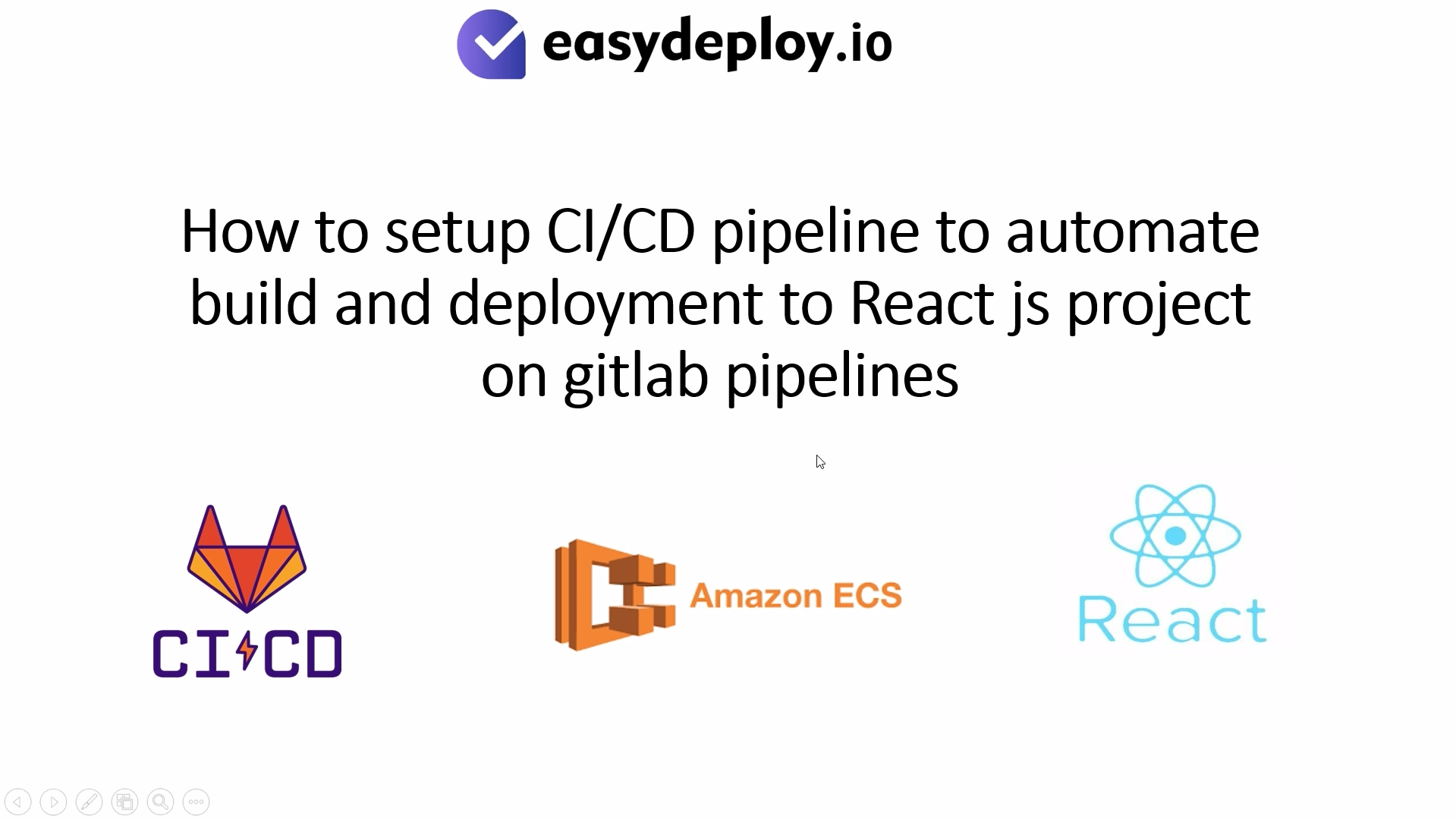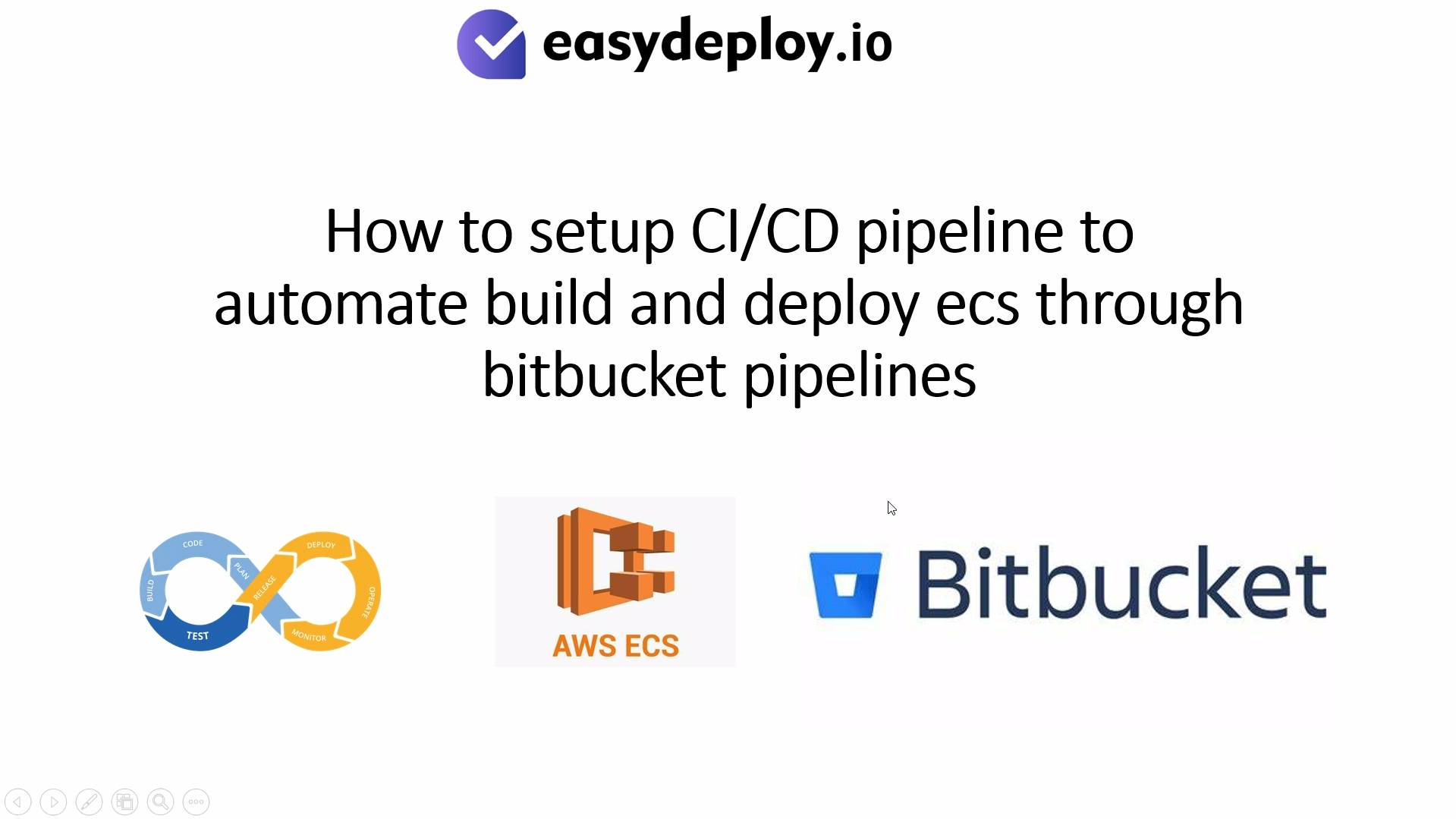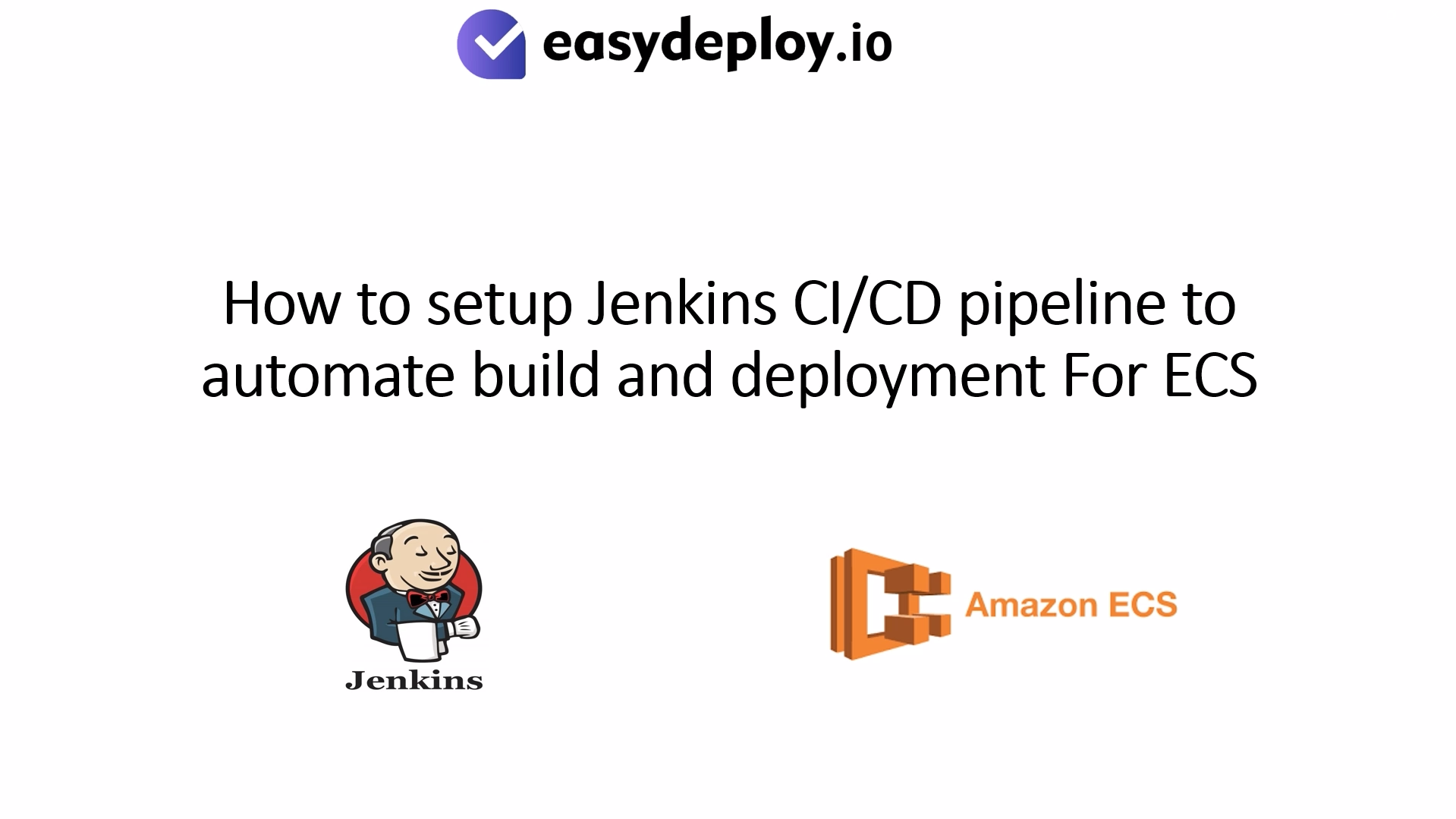If you have started using Kubernetes, then you might also know about Docker and its role in it. Docker can be defined as a delivery platform and software packaging solution. You can also term them as lightweight virtual machines. Kubernetes, on the other hand, is known for how it can enable containers and act as the tool to manage these containers.
Can you use Kubernetes without Docker?
In this article, we will be learning whether you can use Kubernetes without Docker? In simple terms, you can, and Kubernetes doesn’t depend on Docker to function correctly. Both of these applications can work without depending on each other, i.e., Docker can function without Kubernetes and Kubernetes can work without Docker. However, in practice, both can benefit immensely from each other.
What is Docker and Kubernetes and how they relate?
As we already mentioned, Docker lets you run containerized applications. The approach of Containerization enables you to run apps on an OS by giving them their own isolated space. It merely provides the app with an illusion of their own OS instance. This enables us to run many containers on the same system. Docker facilitates the approach and ensures that you can manage the containers on a single operating system without any difficulty.
Kubernetes, on the other hand, leverages containers(dockers) installed on different operating systems. These are known as nodes which can be virtual machines or bare-metal servers. Kubernetes automates the managing, scaling, removing and updating these containers. In short, it is a container orchestration platform. Docker manages the core functionalities, whereas Kubernetes handles the management aspect.
And, this is where we can find our concrete answer. Yes, Kubernetes can work without docker. Kubernetes only need a container solution to work. Another popular solution that integrates well with Kubernetes is rkt. Technically, Kubernetes just requires a container runtime that supports or respects the CRI(Container Runtime Interface).
However, we recommend using Docker with Kubernetes as both are deeply integrated. The core difference between is the two technologies is their approach and how they manage the resources. But, they do respect each other. The similarities will change your mind if you are still having doubts on whether to use Docker with Kubernetes or not.
To get a clear idea, let’s look at a few of their similarities below.
- Both utilize a microservices-based architecture
- Both use the Go programming language
- They offer YAML files, i.e., human readable files.
- Both, Kubernetes and Docker are open source projects and work towards a common goal of a better future.
What’s next?
You can work without one without knowing about the other one. This means that there is no real dependency and you can choose according to your needs. However, does that mean, you should do it? We strongly suggest choosing Docker for Kubernetes until and unless your hard requirements tell you to do otherwise. Both services/platform complement each other, and you as a developer can only benefit from it.
So, what do you think about the topic we discussed? Comment below and also do not forget to share it!

